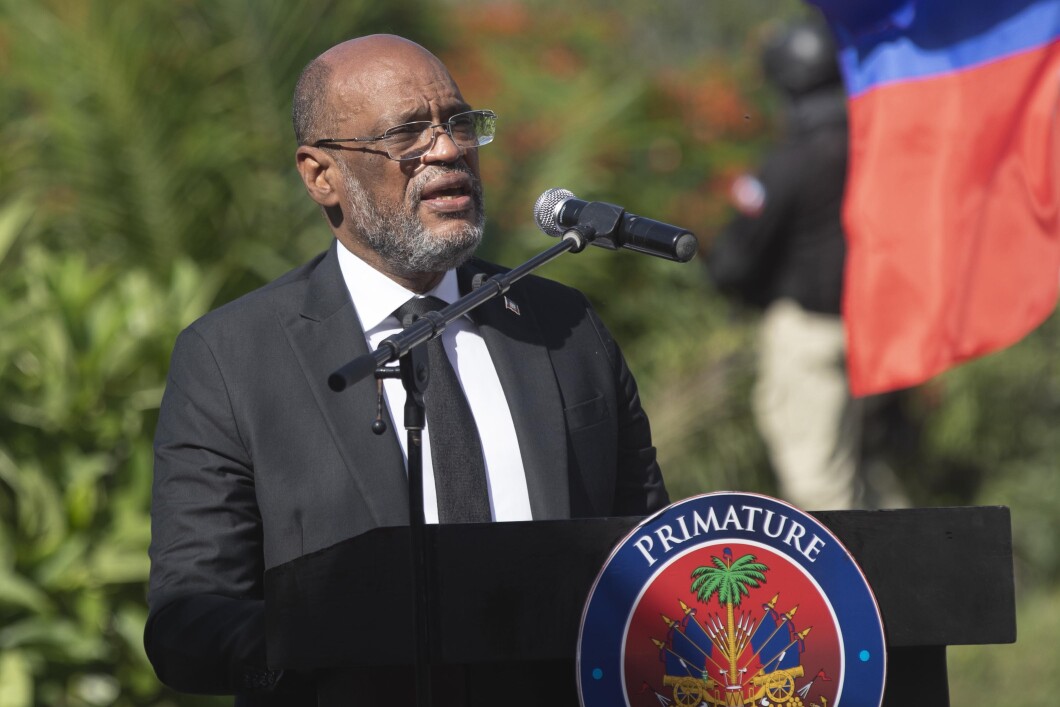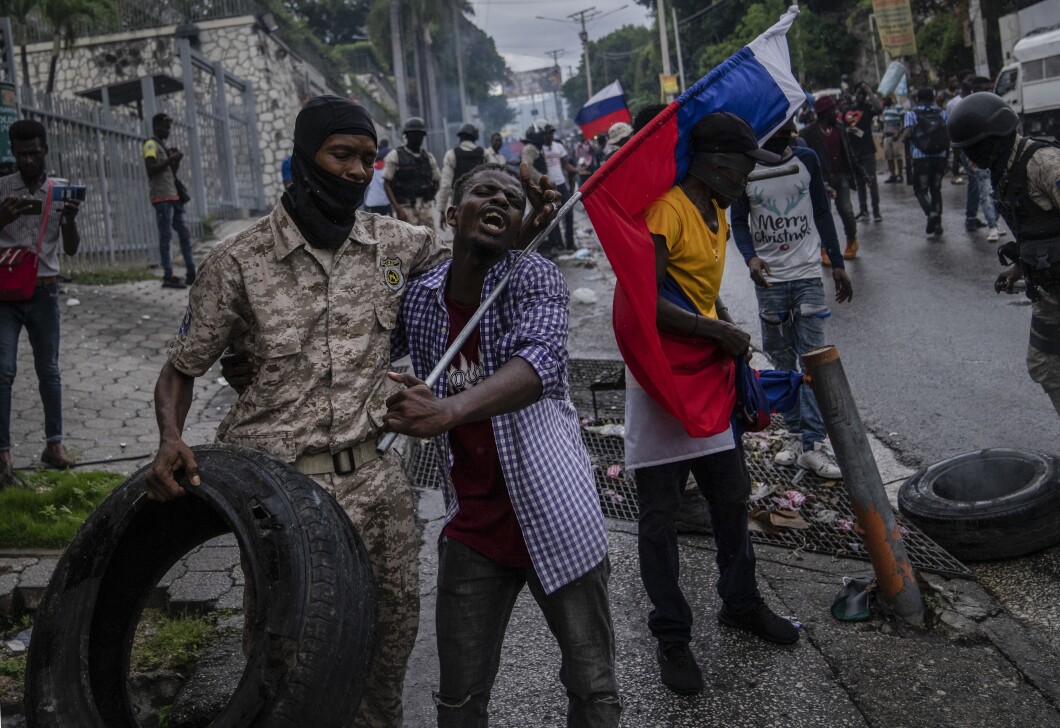
The 10 remaining democratically elected officials in Haiti left their offices last week, leaving the country in unprecedented political turmoil — it’s now fully governed by officials who were appointed rather than elected.
De facto ruler Ariel Henry was named prime minister after the assassination of President Jovenel Moise in 2021. Henry was never sworn in.
All 30 seats in the country’s Senate, as well as all of the lower legislative chamber’s 119 seats, are now empty, and Haiti’s elected mayors were all reappointed or replaced in 2020, according to NPR.
UN SECRETARY-GENERAL WARNS GLOBAL ECONOMY IS HEADING INTO ‘EYE OF CATEGORY 5 HURRICANE’
“The situation is catastrophic,” Robert Fatton, a Haitian-born political scientist at the University of Virginia, told NPR. “It would not be an exaggeration to say that the current crisis is one of the most severe crises that Haiti has ever confronted.”
Even before Moise’s assassination, he ruled by decree and did not call for countrywide elections in 2018 or 2019. In fact, no elections have been held in Haiti since 2016.
Shortly before his death, Moise had appointed Henry as the prime minister, but Henry was never sworn in due to a lack of a quorum in the legislature. Henry has served as the country’s leader and promised to hold elections in 2023.
Another political path forward in Haiti was proposed by a collection of political parties and civil organizations. They suggested a two-year interim government that would be led by a president and prime minister until new elections could be held. But the group and Henry have reached no agreement so far.

On top of the political turmoil, gang violence and a cholera outbreak also recently plagued the Caribbean country. An estimated 25,000 Haitians have been infected with cholera since October, and more than 150,000 Haitians have been displaced from gang violence. The violence has forced foreign aid groups, including Doctors Without Borders, to close their facilities, according to NPR. Thousands of schools have also been forced to close.
“I grew up under dictatorship, so I’m not idealizing the Haiti I grew up under,” Cecile Accilien, a professor of Haitian studies at Kennesaw State University, told the outlet. “But this is the first time I think we have seen this level of lawlessness, this level of gang violence where people’s lives do not matter.”
Inflation has also caused an increase in the price of food and gas, leaving approximately 40% of the country without enough food to eat, according to NPR.

The lawlessness and health outbreak come after two major disasters have plagued the country: A major earthquake killed at least 2,000 people in 2021, five years after a Category 5 hurricane hit the same portion of Haiti. The disasters have led to an influx of immigration to the United States. U.S. border officials have stopped thousands of immigrants from Haiti and Cuba from illegally entering the country in recent weeks.
CLICK HERE TO READ MORE FROM THE WASHINGTON EXAMINER
The United Nations announced last month that it would appeal for $719 million for Haiti in 2023 — that’s approximately double the amount the country received in 2022.
But Ulrika Richardson, the U.N. humanitarian coordinator in Haiti, said the efforts to combat the crises in Haiti would not be effective until the root causes of Haiti’s problems are fixed.
“It’s going to be very difficult if we don’t address this now,” Richardson said. “We have corruption. We have impunity. We have governance. And all of that needs to really be at the center of our thinking as we go forward.”







